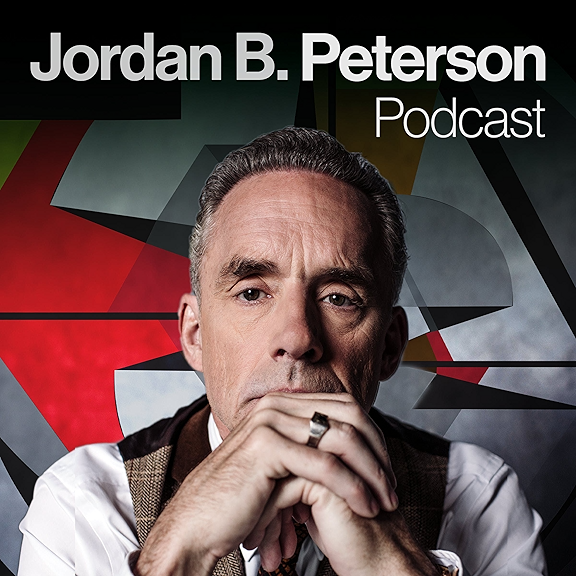
Part 2: Affirmative Action Unmasked: A Historical Journey Through College Admissions and Systemic Inequality
Main Discussion Points:
- Overview of Affirmative Action:
- Explanation of affirmative action as a policy aimed at addressing historical inequalities and promoting diversity.
- Mention of the Michigan case as an example of affirmative action's complexities.
- Impact on Legacy and Donor Preferences:
- Discussion on how affirmative action policies have evolved and whether they address legacy and donor preferences.
- Highlighting the Michigan case and how points and preferences were given exclusively to certain racial groups.
- Critique of Approach:
- Critique of how affirmative action policies have been challenged in court, often overlooking reserved points exclusively for whiteness.
- Emphasis on not addressing the institutional racism that created the need for affirmative action.
- Holistic Admissions Approach:
- Explanation of the shift to holistic admission after 2003, considering the whole student rather than assigning specific points.
- Highlighting Sandra Day O'Connor's prediction about the decline of race-based preferences over time.
- Affirmative Action in Recent Years:
- Mention of the Fisher case and its connection to Edward Blum's efforts to challenge affirmative action.
- Discussion of the Harvard and University of North Carolina cases involving Asian American plaintiffs.
- Diversity and Reality of Admissions:
- Examination of diversity statistics in college admissions, including the percentage of Asian and white students.
- Noting the lack of representation for certain minority groups and addressing legacy and donor factors.
- Myths and Realities of Affirmative Action:
- Debunking myths about affirmative action leading to unqualified individuals getting admitted.
- Explaining the shift to holistic admission and the removal of standardized test requirements.
- Expanding Affirming Action and Solidarity:
- Discussion about expanding affirmative action to other marginalized communities beyond race.
- Advocating for a collective approach that benefits everyone and challenges systemic inequities.
- Importance of Intersectionality:
- Emphasizing the importance of intersectional analysis when addressing discrimination and inequities.
- Recognizing that various forms of discrimination are interconnected and need to be addressed together.
- Rainbow Coalition and Collective Action:
- Reference to the concept of a Rainbow Coalition that unites diverse groups for social change.
- Urging collective action for justice, equity, and systemic change.
- Call for Change and Better Society:
- Urging a proactive approach to create a more just and equitable society.
- Emphasizing the need for policy changes, compassion, and collaboration.
Conclusion:
- Reiteration of the importance of working together to address systemic inequalities.
- Acknowledgment of the potential for positive change through collective efforts.
Stay Connected:
- Host's Website: HearAdamSpeak.com
- Guest: Dr. Zach Ritter on LinkedIn
Join the Conversation:
We value your feedback and welcome your questions or suggestions for future topics. Reach out to us via email at rachelhanson10@gmail.com or adam@hearadamspeak.com, or leave a review on your favorite podcast platform. Don't forget to share this episode with friends and family to help spread the conversation and encourage others to "Get Uncomfortable."
Hosted on Acast. See acast.com/privacy for more information.




















